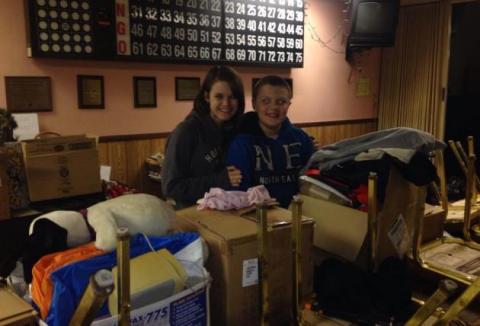Career Spotlight: Nursing
Apr 19,2015
If you were to randomly select one hundred college students and ask them what their majors are, “nursing” would probably be one of the most common responses. Whether it’s the excellent job security, the high salaries, or the job description, nursing has attracted hundreds of thousands of college students over the years, and the demand for nurses continues to rise.
What does a nurse typically do every day? What are the qualifications for the job? What exactly can you do with a nursing degree? Getting answers to these important questions will help you determine if nursing is the right career path for you.
1. Job description: Nurses nurse.
This may seem ridiculously obvious, but, nevertheless, a nurse’s overarching duty is to nurse patients back to health.
What exactly does this entail? Nurses must work closely with doctors, surgeons, and other medical personnel to determine the best course of action for a patient’s treatment. In order to do this, nurses will frequently observe their patients and maintain up-to-date paperwork to accurately determine their patients’ needs.
I am not a nursing major, and in the next few sentences, I will explain why. Nurses must deal with germs and bodily fluids on a regular basis. If you are able to handle this, nursing would be great for you! However, for those with weak stomachs, such as myself, nursing would be challenging, at least until you get used to such an environment.
2. Qualifications: Earn that degree!
A college degree is a must-have for the modern-day nurse. The BSN, or Bachelor of Science in Nursing, is one of the most popular degree options available, but there are other options as well, such as the ADN or the MSN.
Contrary to the common belief that doctors do all of the important work in a medical institution, nurses are given many important jobs and must have a lot of the same knowledge as a doctor. That is why having an education is so crucial. I don’t know about you, but I certainly would not want my medical treatment to come from someone who had not been extensively trained to perform the job.
3. You have your degree. So now what?
Once you have your nursing degree, you have a multitude of options. You can jump right in to the workforce, where you will likely have no trouble getting a job, or you can continue your education. Many nursing majors decide to further their educations and become nurse practitioners or medical doctors, which can add anywhere from two to four years onto your time in school.
Still not sure if nursing is the right career path for you? Take a personality test! I took several career-oriented personality tests in high school, and many of these tests provide a list of occupations that best suit you.
Even though nursing did not appear on the results of my personality tests, I have a great respect for those of you who do decide to make nursing your career. You are going into a rewarding field, and you will make a huge impact on many lives. Good luck, future nurses!





